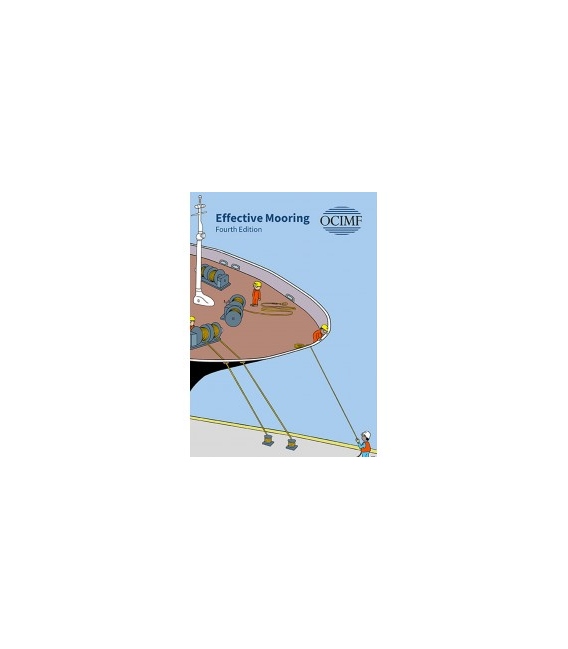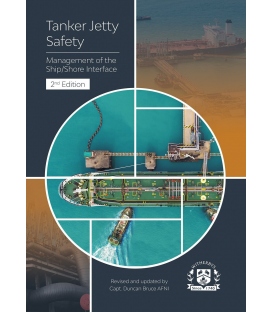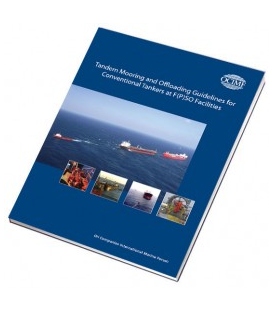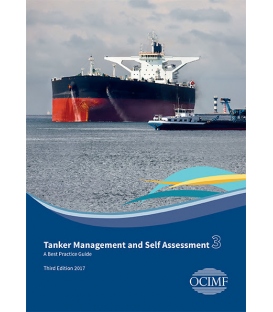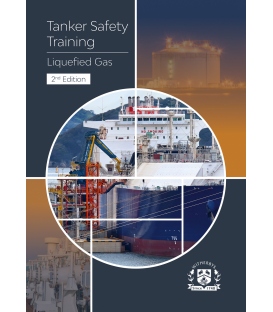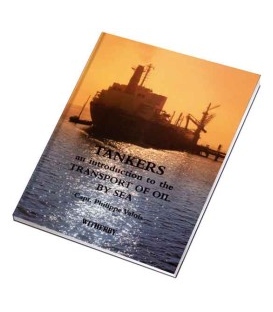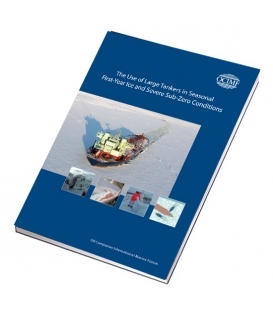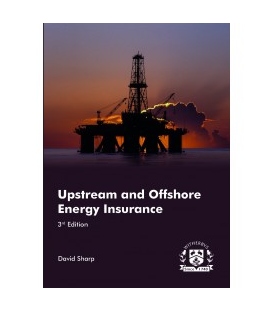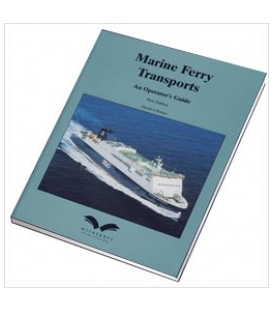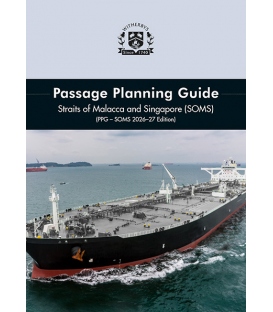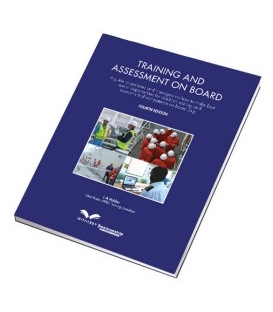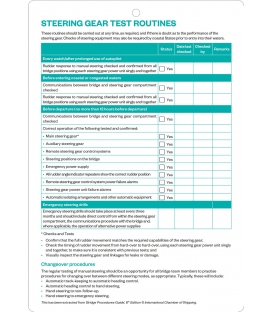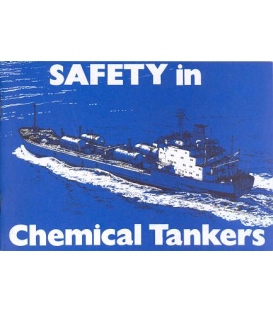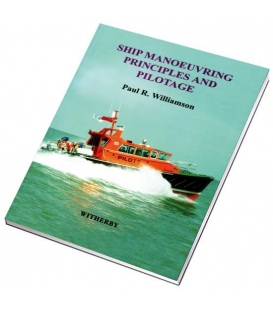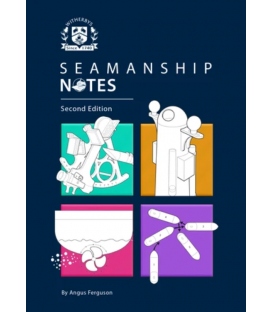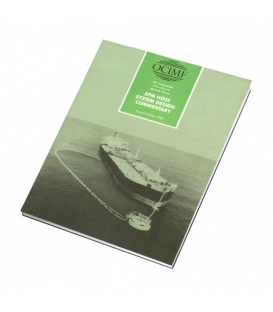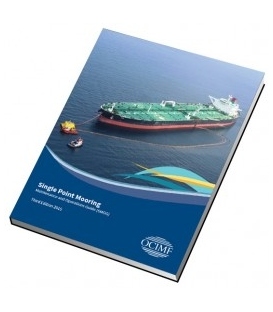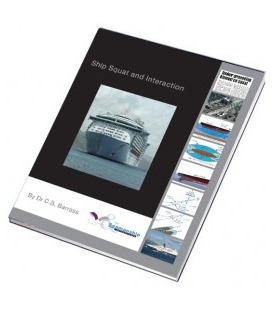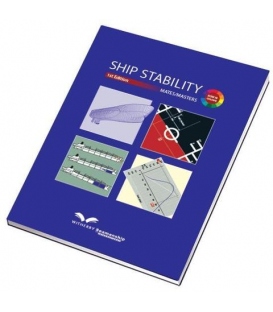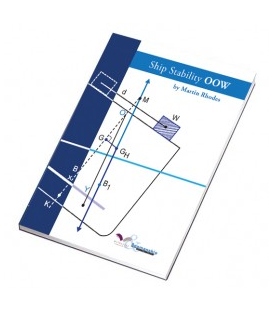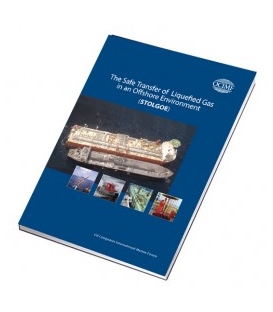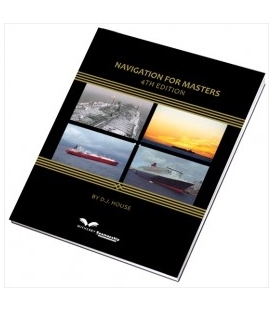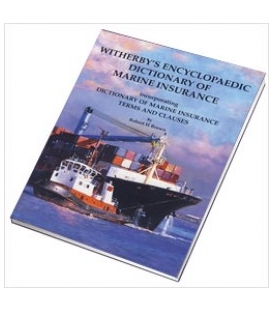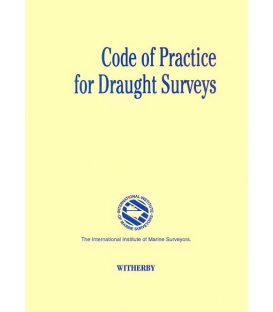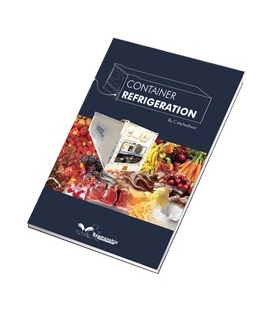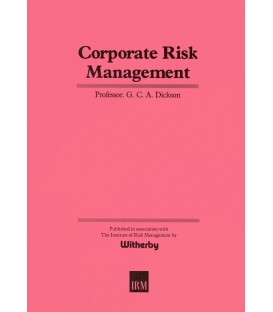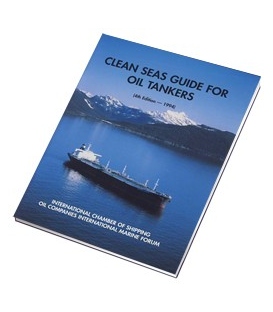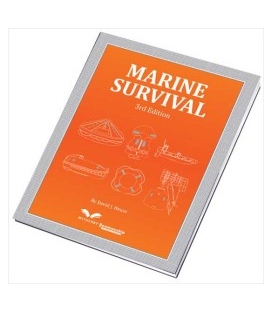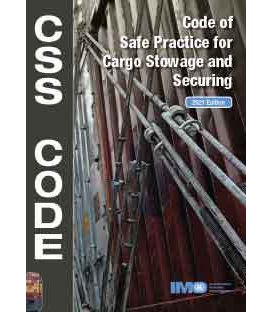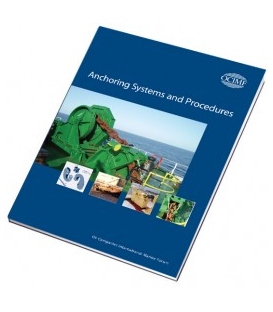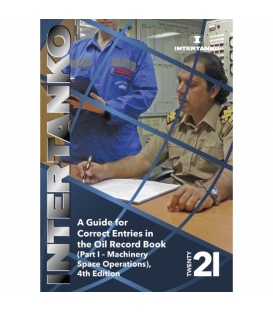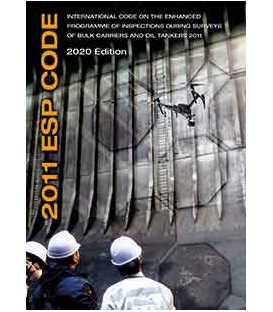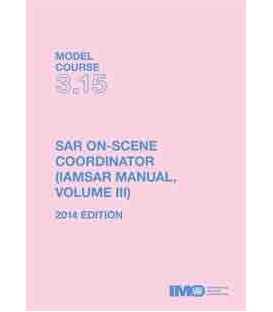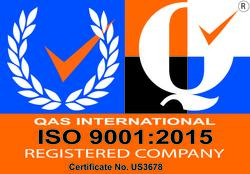

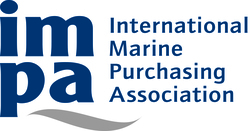
Sign up for our Newsletter
Effective Mooring, 4th Edition 2019
Title: Effective Mooring, Fourth Edition.
Number of Pages: 68
Product Code: WS1663K
ISBN: ISBN 13: 978-1-85609-807-6 (9781856098076), ISBN 10: 1-85609-807-9 (1856098079)
Published Date: March 2019
Binding Format: Paperback
Weight: 0.30 kg
Author: Oil Companies International Marine Forum
*** 13 Feb 2026, Temporarily Out of Print, ETA unknown
Effective Mooring, 4th Edition 2019
Mooring is one of the most complex and dangerous operations for ship and terminal crew. If something goes wrong, the consequences can be severe.
Effective Mooring gives crew a general introduction to mooring and guidance on how to stay safe during mooring operations. It is written in an easy-to-understand style for seafarers worldwide and can be used as a training guide for both new and experienced crew. Produced by the Oil Companies International Marine Forum (OCIMF), the book is written for crew on board oil tankers, barges and terminals, but the principles can be applied to any vessel.
Mooring is one of the most complex and dangerous operations for ship and terminal crew. If something goes wrong, the consequences can be severe.
Effective Mooring gives crew a general introduction to mooring and guidance on how to stay safe during mooring operations. It is written in an easy-to-understand style for seafarers worldwide and can be used as a training guide for both new and experienced crew. Produced by the Oil Companies International Marine Forum (OCIMF), the book is written for crew on board oil tankers, barges and terminals, but the principles can be applied to any vessel.
This fourth edition of Effective Mooring is aligned with the guidance in OCIMF’s Mooring Equipment Guidelines, Fourth Edition (MEG4), which contains more detailed technical information on the design and maintenance of mooring systems.
New in Effective Mooring, Fourth Edition:
-
Emphasis on the whole mooring crew being responsible for safety.
-
Removed guidance on marking snap-back zones: the whole mooring deck is a danger zone.
-
More guidance on barges.
-
Simplified language and more cartoons, to make it easier to read.
-
Addresses human factors, e.g. communication, fatigue, situational awareness, etc.
Contents
Section one
Introduction
1.1 What is the purpose of this guide?
1.2 What is new in this edition?
1.3 Who should read this?
1.4 Why do I need guidance on mooring?
1.5 Reasons for accidents
Section two
General mooring safety practices
2.1 Introduction
2.2 Safety culture and behaviour
2.3 Personal protective equipment
2.4 Tips for mooring practices and operations
2.5 Common risks and hazards
2.6 Taking care of mooring equipment
2.7 What does a mooring system do?
2.8 Typical mooring layout
Section three
Mooring lines
3.1 Types of mooring line
3.2 Line stiffness
3.3 Mixed moorings
3.4 Synthetic fibre tails
3.5 Steel wire lines
3.6 Synthetic fibre mooring lines
3.7 Snap-back
3.8 Care of mooring lines
3.9 Mooring line safety reminders
Section four
Mooring winches
4.1 Winch types
4.2 Winch control types
4.3 Winch drums
4.4 Winch brakes
4.5 Freezing weather
4.6 Winch awareness when joining a new ship
4.7 Winch safety reminders
Section five
Anchoring
5.1 Anchoring operations
5.2 Anchor chain stoppers
5.3 Anchor chains
5.4 Communication
5.5 Windlass brakes
5.6 Anchoring safety reminders
Section six
Tugs and barges
6.1 Safe handling of tug lines
6.2 Mooring operations on tugs and barges
6.3 Tug and barge safety reminders
Section seven
Ship/berth interface
7.1 Mooring operations on berths
7.2 Berth safety reminders

